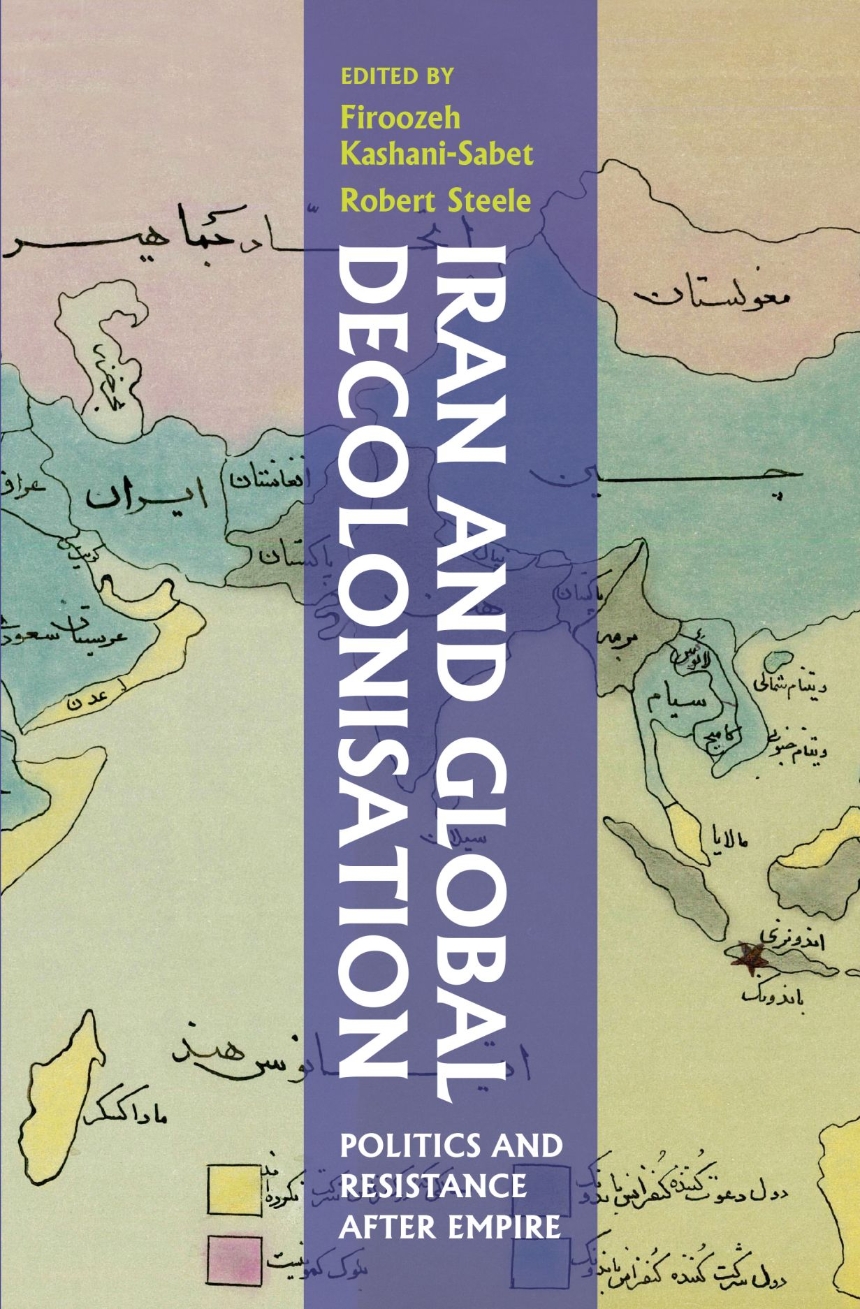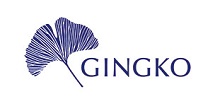9781914983085
9781914983092
A presentation of scholarly work that investigates Iran's experiences with colonialism and decolonization from a variety of perspectives.
How did Iran’s unique position in the world affect and define its treatment of decolonization? During the final decades of Pahlavi rule in the late 1970s, the country sought to establish close relationships with newly independent counterparts in the Global South. Most scholarly work focused on this period is centered around the Cold War and Iran's relations with the United States, Russia, and Europe. Little attention has been paid to how the country interacted with other regions, such as Africa, Asia, and the Americas. Adding to an important and growing body of literature that discusses the profound and lasting impact of decolonization, Iran and Global Decolonisation contributes to the theoretical debates around the re-shaping of the world brought about by the end of an empire. It considers not only the impact of global decolonization on movements and ideas within Iran but also how Iran’s own experiences of imperialism shaped how these ideas were received and developed.
How did Iran’s unique position in the world affect and define its treatment of decolonization? During the final decades of Pahlavi rule in the late 1970s, the country sought to establish close relationships with newly independent counterparts in the Global South. Most scholarly work focused on this period is centered around the Cold War and Iran's relations with the United States, Russia, and Europe. Little attention has been paid to how the country interacted with other regions, such as Africa, Asia, and the Americas. Adding to an important and growing body of literature that discusses the profound and lasting impact of decolonization, Iran and Global Decolonisation contributes to the theoretical debates around the re-shaping of the world brought about by the end of an empire. It considers not only the impact of global decolonization on movements and ideas within Iran but also how Iran’s own experiences of imperialism shaped how these ideas were received and developed.
360 pages | 15 halftones | 6.14 x 9.21 | © 2023
History: Middle Eastern History
Political Science: Diplomacy, Foreign Policy, and International Relations
Table of Contents
Introduction
Firoozeh Kashani-Sabet and Robert Steele, Iran and Global Decolonization
Part 1: Global Politics and South-South Interactions
Chapter 1: Pardis Minuchehr, Decolonization of Trauma and Captives of Occupation (1941- 1946)
Chapter 2: Mattin Biglari, Iran’s 1951 Oil Nationalization as Decolonization: Coloniality, Resource Nationalism, and Subaltern Agency
Chapter 3: William Figueroa, “Red Star Over Persia” - Iranian Maoism and Sino-Iranian Relations, 1965-1972
Chapter 4: Fernando Camacho Padilla, Iran’s Relations with Latin-America during the Pahlavi Period, 1942-1974: Political Connections and Economic Cooperation.
Chapter 5: Arash Azizi, Iranians in the Vietnam War: Cold War or Global South Connections?
Chapter 6: Thomas Bédrède, Iran and the Algerian War of Independence (1954-1962)
Chapter 7: Robert Steele, Iran and the Ogaden War, 1977-78
Part 2: Anti-Imperial Protests and Social Movements
Chapter 8: Firoozeh Kashani-Sabet, Global Civil Rights and Iran: Gender, Poverty, Race
Chapter 9: Javier Gil Guerrero, Fighting for an Islamic Liberation Theology: Iranian Intellectuals and Global Decolonization
Chapter 10: Carson Kahoe, Empire and its Discontents: Narratives of Global Anti-Imperialism in Revolutionary Ireland and Iran
Chapter 11: Leonard Michael, Radical Voices from within the Metropolis: Decolonization and the Iranian Left in Europe, 1957-1967
Chapter 12: Liora Hendelman-Baavur, De/colonizing Corporeality: Signification and Contestation of the Female Body in Simin Daneshvar’s Savushun
Chapter 13: Sevil Suleymani, The Politics of Silence in Iranian Feminist Movements: The Case Study of Turk Women in Iran
Chapter 14: Zahra Moravvej, Am I Shi’a or a Khoja? Reflections on the Iranian Revolution in Tanzania’s Shi’a Community
Firoozeh Kashani-Sabet and Robert Steele, Iran and Global Decolonization
Part 1: Global Politics and South-South Interactions
Chapter 1: Pardis Minuchehr, Decolonization of Trauma and Captives of Occupation (1941- 1946)
Chapter 2: Mattin Biglari, Iran’s 1951 Oil Nationalization as Decolonization: Coloniality, Resource Nationalism, and Subaltern Agency
Chapter 3: William Figueroa, “Red Star Over Persia” - Iranian Maoism and Sino-Iranian Relations, 1965-1972
Chapter 4: Fernando Camacho Padilla, Iran’s Relations with Latin-America during the Pahlavi Period, 1942-1974: Political Connections and Economic Cooperation.
Chapter 5: Arash Azizi, Iranians in the Vietnam War: Cold War or Global South Connections?
Chapter 6: Thomas Bédrède, Iran and the Algerian War of Independence (1954-1962)
Chapter 7: Robert Steele, Iran and the Ogaden War, 1977-78
Part 2: Anti-Imperial Protests and Social Movements
Chapter 8: Firoozeh Kashani-Sabet, Global Civil Rights and Iran: Gender, Poverty, Race
Chapter 9: Javier Gil Guerrero, Fighting for an Islamic Liberation Theology: Iranian Intellectuals and Global Decolonization
Chapter 10: Carson Kahoe, Empire and its Discontents: Narratives of Global Anti-Imperialism in Revolutionary Ireland and Iran
Chapter 11: Leonard Michael, Radical Voices from within the Metropolis: Decolonization and the Iranian Left in Europe, 1957-1967
Chapter 12: Liora Hendelman-Baavur, De/colonizing Corporeality: Signification and Contestation of the Female Body in Simin Daneshvar’s Savushun
Chapter 13: Sevil Suleymani, The Politics of Silence in Iranian Feminist Movements: The Case Study of Turk Women in Iran
Chapter 14: Zahra Moravvej, Am I Shi’a or a Khoja? Reflections on the Iranian Revolution in Tanzania’s Shi’a Community

